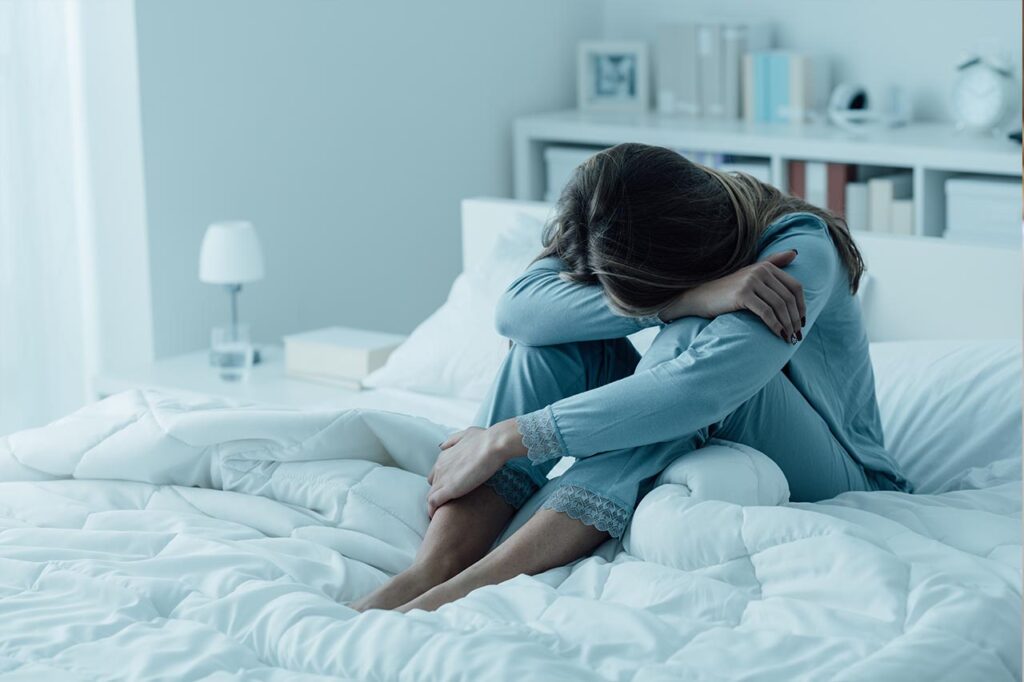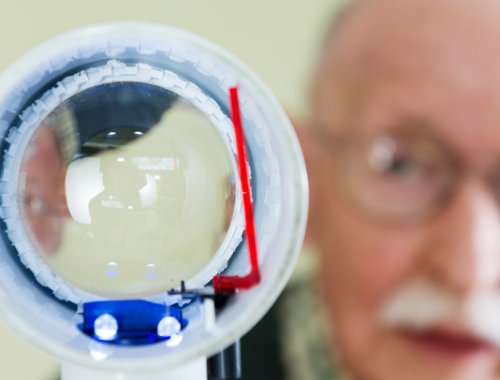How To Deal With Depression?
5 min read
Introduction
Some tips for dealing with depression:
- Sleep – it’s not an excuse to stay up all night, but it can be useful when you feel the need to “kick back” and sleep until the feeling hasn’t come over you. You can always ask your partner if they would like to join in; sometimes a little sex helps release endorphins that help combat depression. Your doctor will ask questions about your symptoms, including any changes in mood or behavior that may be affecting how you feel.
- Breathe – take even shallow breaths and feel your chest expand as you inhale. Do this an hour or so before going to bed so that your body is relaxed enough for sleep.
- Take walks – Get up and take 15 minutes of brisk walking, or 10 minutes of non-stop aerobic exercise that uses large muscle groups. You can also try taking the stairs instead of using the elevator, or jogging in place in front of the TV if you don’t have a treadmill. These short bursts of activity are good for fighting off depression by raising serotonin levels in your brain quickly, which makes you tired and causes a state of relaxation which will help induce sleep.
Feelings of sadness and hopelessness
Depression is a serious mental health condition. It can be treated, but it’s important to remember that depression is not a sign of weakness or failure. Depression is more than just feeling sad and down—it’s an illness that affects your body, mind, and emotions.
Depression may feel like nothing you’ve ever felt before because it’s so intense: you may have trouble eating or sleeping; you might even think about hurting yourself or others (thoughts known as suicidal thoughts). You might also have trouble concentrating on work or school; lose interest in things that used to bring enjoyment into your life; experience sudden weight gain or loss; feel anxious or irritable much of the time; have extreme mood swings where one minute everything seems great then suddenly things seem awful again; constant feelings of guilt no matter what anyone else says about how they feel about their own lives/jobs/relationships–all these common symptoms become part of day-to-day life when someone lives with chronic depression
Self-harm, substance abuse, physical illness, and suicide all can be symptoms of depression.
Depression is a very common disorder that affects millions of people every year, but it’s also one that can be difficult to understand and treat. Common symptoms include:
- Self-harm
- Substance abuse (alcohol, drugs)
- Physical illness
Talking about your feelings with someone you trust is important for treating depression.
Sharing your feelings with someone you trust is an important step in treating depression. Talking about your feelings will help you feel less alone and more understood, which can lead to better self-esteem and a healthier life overall. When talking about your feelings, it’s important to be open about the things that make you upset or worried. You might want to talk about:
- Your worries
- Your goals for the future (or lack thereof)
- Your fears of the future (such as losing loved ones)
Exercise can help relieve stress
This is a great way to relieve stress and improve sleep, which can make a big difference in how people feel.
It has been shown to help people manage their moods by improving blood flow, reducing inflammation, and boosting serotonin levels (the neurotransmitter for happiness). It also improves self-esteem, which in turn reduces feelings of depression or anxiety.
The benefits are even more pronounced when combined with mindfulness training or other stress management techniques—and they don’t have to be hard! Exercising just 30 minutes every day can help you feel better about yourself and your life overall.
If you’re not feeling well, visit your doctor to find out why and what you can do about it.
If you’re not feeling well, visit your doctor to find out why and what you can do about it.
Your doctor will ask questions about your symptoms, including any changes in mood or behavior that may be affecting how you feel. They’ll also want to know if there’s anything else going on in your life (for example, if someone close has died) that could be contributing to the problem.
If possible, try to get some rest before seeing a physician; this will help them diagnose any underlying issue more quickly.
Physical health.
Mental health issues are just as important as physical health. Depression can be just as difficult to deal with as physical illness.
There are many resources available for people who need help dealing with depression: from support groups, meditation classes, and therapy sessions to medications that can help relieve symptoms of depression.
Talk to someone who will listen when you’re having trouble dealing with your depression
If you’re having trouble dealing with your depression, talk to someone who will listen when you’re having trouble dealing with your depression. You can talk to:
- A friend, family member, or counselor
- Someone who is not judge mental of what you are feeling and the way that they think will help them understand what it is like for people who have depression.
Conclusion
“I’m not a bad person, I just have depression.”
Are you kind, caring, and compassionate but sometimes… are you depressed?
Depression is a serious illness that can change the way you think, feel, and act. It can be very difficult for friends and family to understand because it is so often portrayed as either a character flaw or an uncontrollable illness. If you are dealing with mental health issues your loved ones and friends need to know that the symptoms are caused by your brain chemistry rather than a character flaw or something out of your control.
“I’m not doing this because I want to be this way!” While it’s true that some people suffer from depression because they don’t want to get better, most other people suffer from depression because their mental health is deteriorating faster than they can cope with. In either case, it is still important for others to understand that there is nothing wrong with them; they’re just having difficulty coping right now. “I would get over this eventually.” Depression doesn’t happen overnight – if you’re feeling sad or angry at yourself right now it will likely continue well into tomorrow (most likely into next week).






